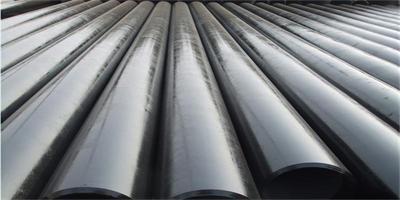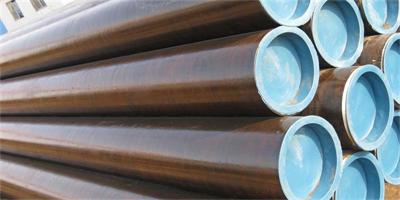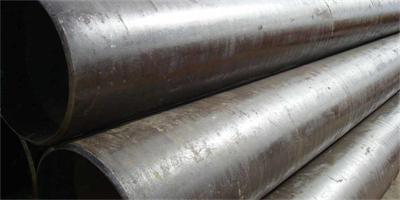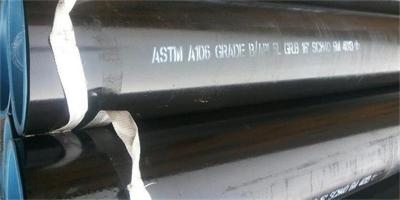Tubo de estructura
Standard: GB/T8162-1999, ASTM A53, ASTM A106, ASTM A500-98, ASTM A501-98, ASTM A519-98, JIS G3441-1994, JIS G3444-1994, BS EN 10210-1
Application: Used in the general structure and the mechanism, including construction, machinery, transportation, aviation, petroleum mining and each kind of structural tubes
Chemical composition and mechanical properties
| Standard |
Grade |
Chemical composition(%) |
Mechanical properties |
||||||
| C | Si |
Mn |
P | S | Tensile Strength(Mpa) |
Yield Strength(Mpa) |
Elongation(%) |
||
| DN1629 |
St37 |
≤0.17 |
- | - | ≤0.04 |
≤0.04 |
350-480 |
≥235 |
≥25 |
| St44 |
≤0.21 |
- | - | ≤0.04 |
≤0.04 |
420-550 |
≥275 |
≥21 |
|
| St52 |
≤0.22 |
≤0.55 |
≤1.60 |
≤0.04 |
≤0.035 |
500-650 |
≥355 |
≥21 |
|
In structural engineering, the tube is the system where in order to resist lateral loads (wind, seismic, etc.) a building is designed to act like a hollow cylinder, cantilevered perpendicular to the ground.
The system can be constructed using steel, concrete, or composite construction (the discrete use of both steel and concrete). It can be used for office, apartment and mixed-use buildings. Most buildings in excess of 40 stories constructed since the 1960s are of this structural type.



